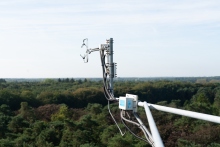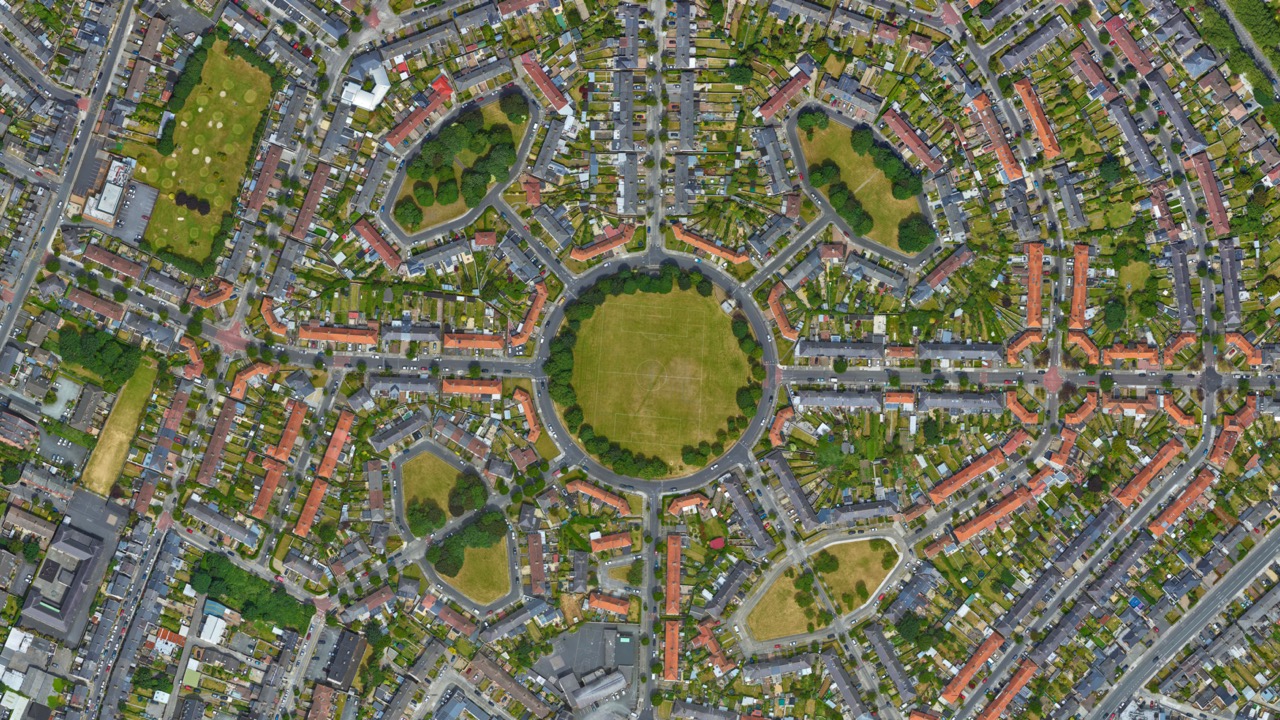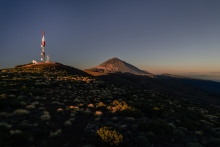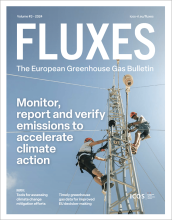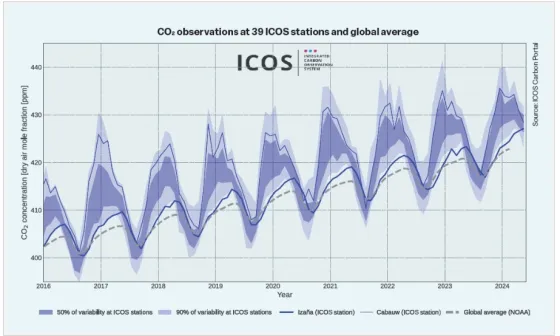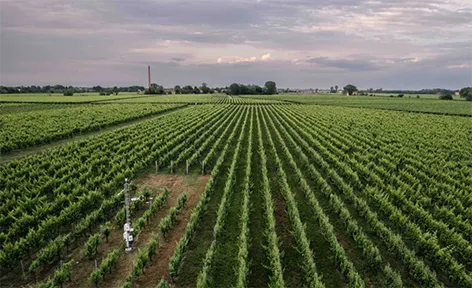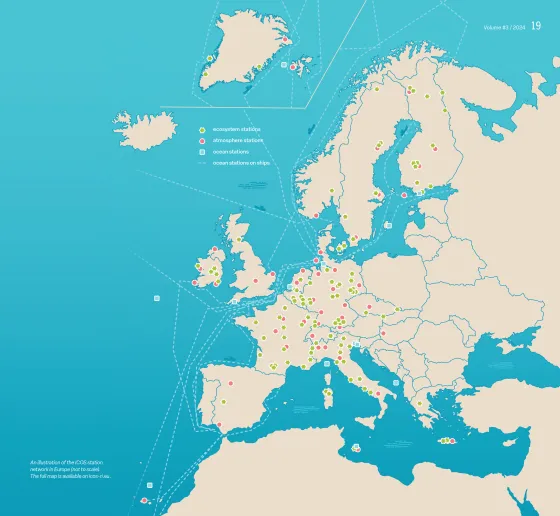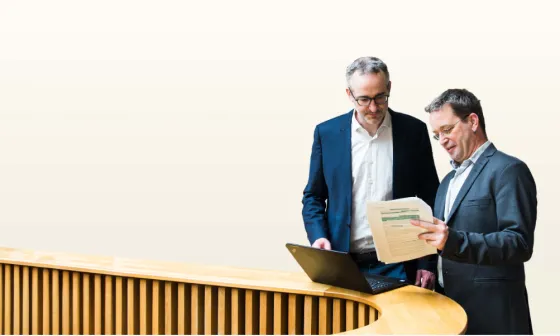ICOS stations Rollesbroich and Brasschaat awarded for their particular commitment to data quality
The everyday efforts of the scientists at ICOS stations make a big impact on data quality. Two ICOS stations were awarded in May 2024 as the “ICOS Ecosystem Stations of the year.” The purpose of the award was to recognise the efforts made by the individuals in the community and highlight the importance of good cooperation.
